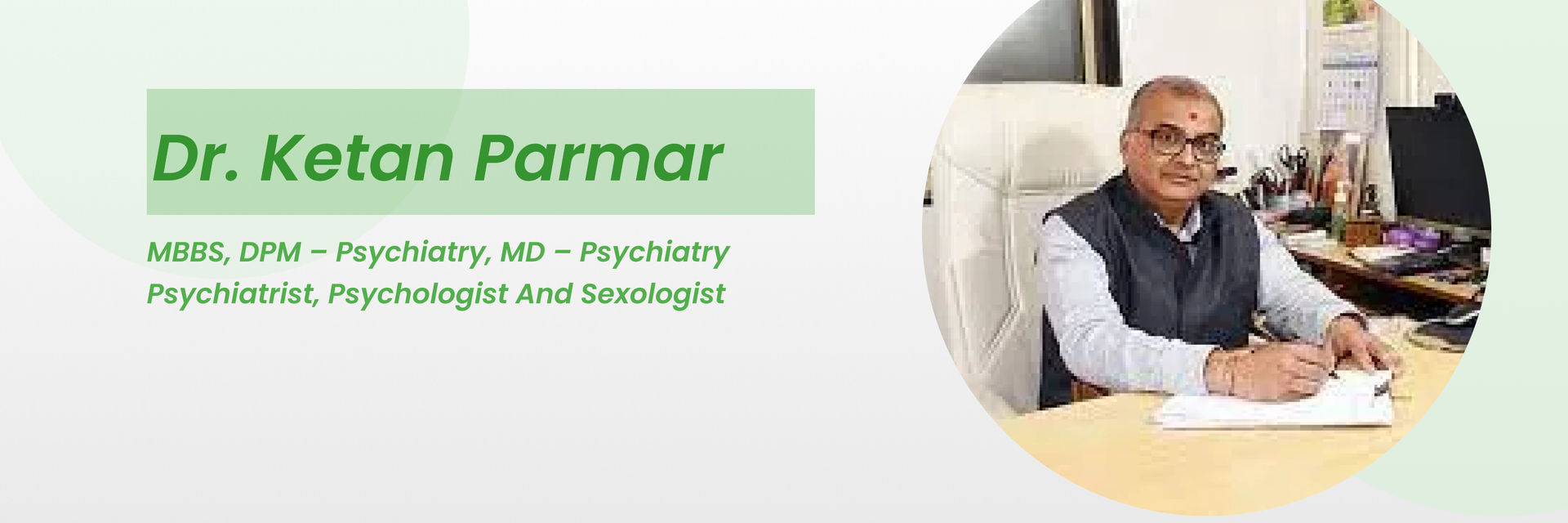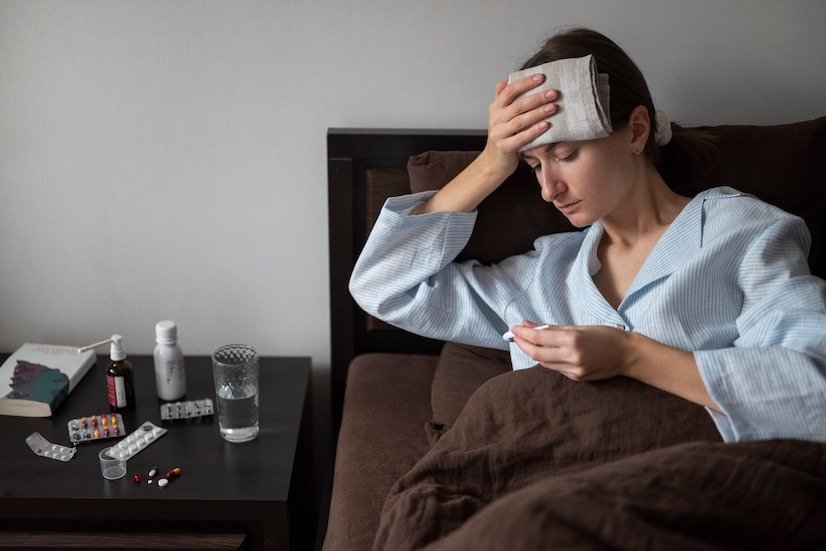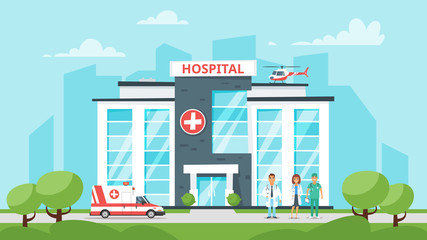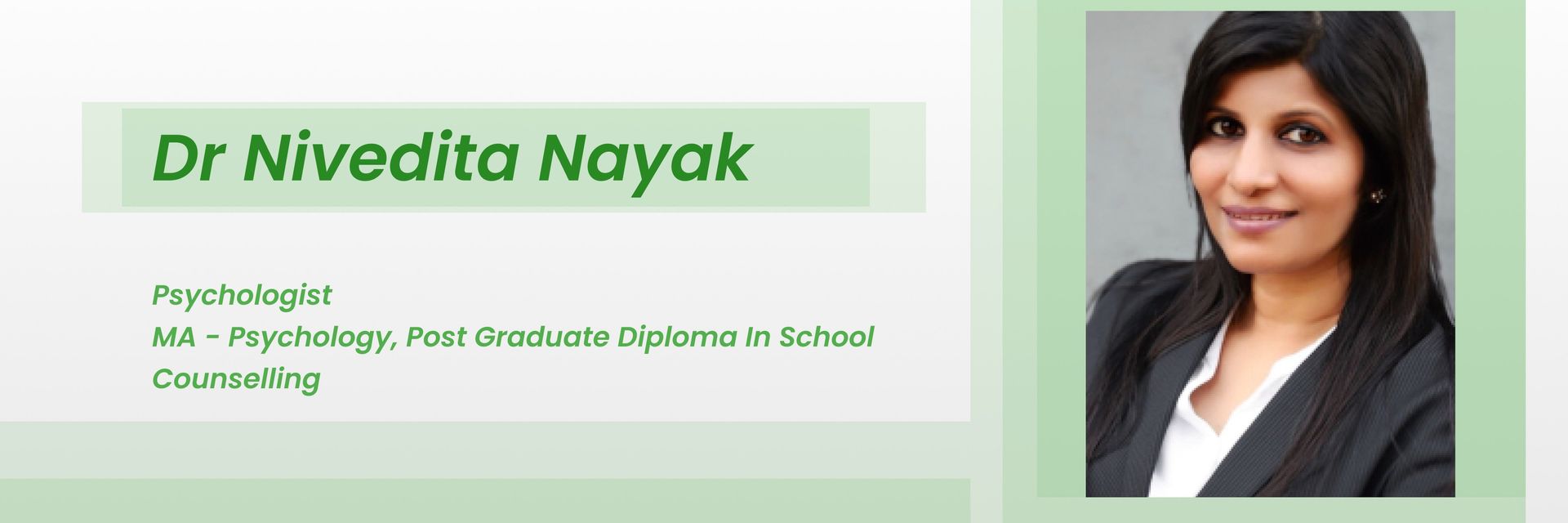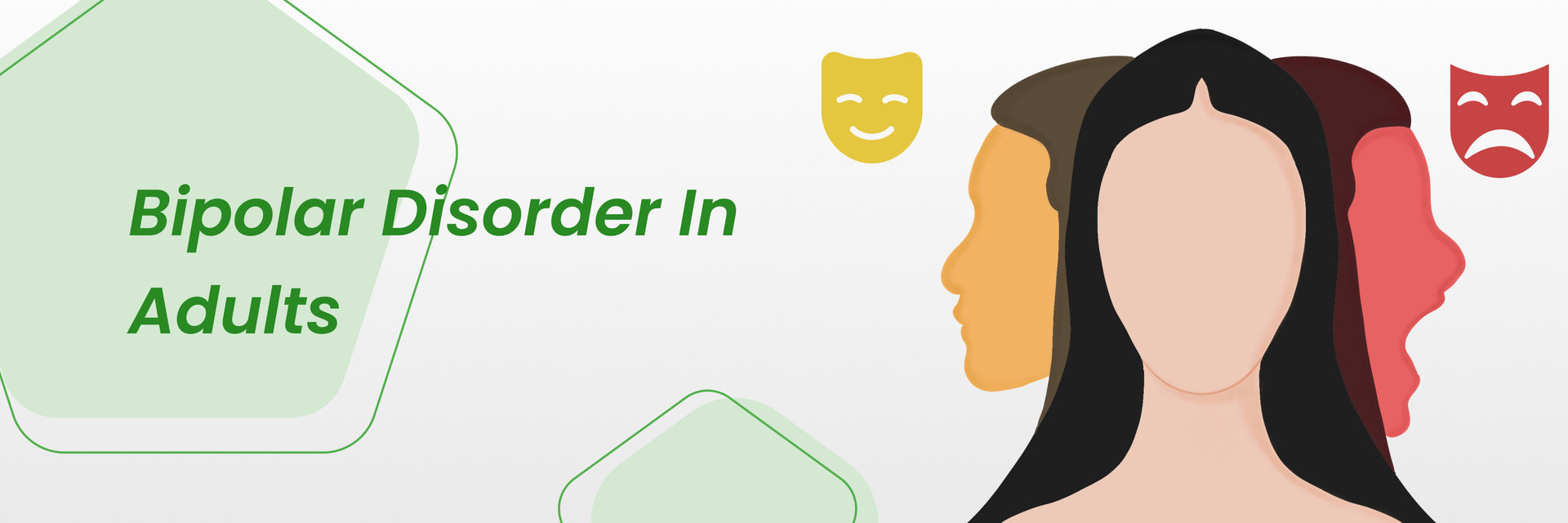Overview
Chicago is emerging as a national leader in LGBTQ+ mental health care, driven by inclusive therapy, community-based healing, and affirming support systems. With a growing demand for culturally competent care, queer individuals are turning to therapy not only to heal but to thrive. This evolving landscape includes trauma-informed practices, intersectional therapy models, group support, and collaborative networks across clinics and nonprofits. From narrative therapy to EMDR, and from mobile counseling to queer wellness retreats, Chicago is redefining what inclusive, affirming mental health care looks like making it not just accessible, but transformative.
Chicago’s Queer Community Finds Strength in Mental Health Advocacy
Chicago stands as one of the most culturally rich and diverse cities in the United States. Beyond its iconic skyline and deep-dish pizza, it is a city where the LGBTQ+ community has carved out a vibrant, evolving presence. Yet with increased visibility comes the pressing need for tailored, inclusive mental health support. In 2025, the mental health needs of LGBTQ+ individuals will no longer be seen as peripheral; they will be central to the conversation surrounding wellness and community resilience. For those seeking affirming care, finding an LGBT therapist Chicago has become an essential step toward healing and self-acceptance. The role of affirming therapy has never been more critical.
The Mental Health Crisis Within the LGBTQ+ Population
While strides have been made in acceptance and policy, the queer community continues to face higher risks of anxiety, depression, substance use disorders, and suicidality. These disparities are not rooted in identity, but in the long shadows cast by discrimination, family rejection, and systemic inequality. The pandemic exacerbated many of these challenges, but even in its aftermath, the emotional residue lingers. In Chicago, rising housing costs, employment barriers, and underfunded support networks add layers of complexity to daily life for many LGBTQ+ individuals.
These challenges intersect uniquely with race, gender identity, and socio-economic status. A queer Black youth on the South Side may navigate trauma differently than a non-binary executive in the Loop. That nuanced understanding is precisely what inclusive therapy is beginning to offer at scale.
Therapy Beyond Acceptance: Cultivating a Space to Thrive
What sets inclusive mental health care apart is not just the therapist’s open-mindedness, but their lived understanding and clinical competency in LGBTQ+ issues. It’s not enough to be “okay with” someone’s identity therapeutic spaces must be built around deep affirmation and active advocacy. Chicago’s leading therapists now recognize that healing cannot occur in a vacuum. The unique cultural context of being queer in a city like Chicago at once progressive and segregated informs every story, every trauma, and every triumph.
Modern therapy models rooted in intersectionality, trauma-informed care, and community empowerment are rewriting the narrative. These aren’t cold offices with generic solutions. They are sanctuaries where language, pronouns, and identities are not just respected but celebrated.
Urban Isolation and the LGBTQ+ Mental Health Dilemma
Despite being surrounded by millions, many LGBTQ+ Chicagoans report feeling deeply isolated. Urban loneliness is no stranger to anyone, but it is magnified when someone has been rejected by family, misgendered in public, or fired for who they love. The digital age offers some refuge in online communities, but the need for face-to-face connection remains paramount.
Therapists serving this population must often act as both clinicians and cultural translators, helping clients rebuild trust in themselves, in others, and in the systems meant to protect them. This goes beyond traditional “talk therapy.” It includes somatic healing, relationship support, and identity work that helps individuals not just cope, but cultivate joy.
A Surge in Queer-Affirming Therapeutic Modalities
Chicago has seen a surge in therapeutic approaches tailored specifically for LGBTQ+ clients. Narrative therapy allows individuals to reclaim their life stories in empowering ways. EMDR (Eye Movement Desensitization and Reprocessing) is proving especially effective for clients with PTSD from hate crimes or prolonged rejection. Group therapy offerings particularly those centered on queer relationships, gender transitions, or racial identity have become communal lifelines.
Importantly, Chicago’s therapists are increasingly diverse themselves. Bilingual services, culturally aligned care, and trauma-informed practices are becoming non-negotiable standards in queer-affirming therapy spaces. The emphasis is no longer on tolerance; it’s on transformation.
Mental Health as a Tool for Social Change
One of the most powerful shifts underway is the understanding that mental health support isn’t just personal it’s political. Therapy is now being used as a means to challenge societal norms, resist oppression, and imagine a new way of being. Queer clients are not just healing past wounds they are becoming activists, artists, educators, and leaders shaped by their therapeutic journeys.
In Chicago’s progressive circles, therapy has become a shared language a tool of empowerment that ripples through communities. Support groups rooted in shared experience are fostering bonds that extend beyond the clinical setting, building networks of mutual aid, safety, and resilience.
Why Chicago is a National Leader in LGBTQ+ Mental Health Innovation
What sets Chicago apart in the national landscape is its ecosystem of collaborative care. Local clinics, nonprofits, universities, and private practices are working in tandem to elevate standards of care for LGBTQ+ clients. Initiatives like sliding scale services, telehealth access for rural or homebound individuals, and free crisis counseling for trans youth show a commitment to equity that few cities can rival.
Training programs in Chicago now mandate LGBTQ+ competency as part of therapist education. There’s a growing insistence on supervision models that help practitioners deconstruct their own biases. The city’s licensing boards are beginning to reflect the urgency of this moment, incentivizing continuing education in gender and sexuality issues.
Building the Future: Next-Gen Therapists and Holistic Healing Models
The next generation of therapists in Chicago are not just culturally aware they are culturally embedded. Many are queer themselves. They bring intersectional insight, digital fluency, and a community-first mindset. As demand grows, so does the innovation: mobile therapy units, peer-led wellness circles, even therapy integrated into nightlife and queer arts spaces.
There’s a move toward holistic healing that includes diet, movement, spirituality, and cultural connection. Yoga studios, herbalists, and queer wellness retreats are beginning to partner with therapists in a broader vision of wellness. These multidisciplinary efforts reflect a profound truth: healing is not one-dimensional.
A Personal Revolution, Citywide
For many LGBTQ+ individuals in Chicago, therapy is not a luxury it is survival. But more than that, it is a gateway to rediscovery. In a city rich with queer legacy and activism, mental health care has become a beacon guiding people back to their own power.
From Boystown to Bronzeville, queer Chicagoans are building new relationships with their bodies, their pasts, and their possibilities. The city’s therapeutic landscape is not just adapting to the future. It is helping shape it.
Only one phrase need be said to locate this evolution on the digital map: LGBT Therapist Chicago. Behind that search term is a movement an alliance of professionals, clients, and advocates committed to more than just coping. They are cultivating liberation, one session at a time.
Conclusion
In Chicago, inclusive mental health support isn’t just a service it’s a revolution. Through affirming therapy, community collaboration, and culturally rooted healing, LGBTQ+ individuals are reclaiming their narratives and transforming survival into empowerment. What began as a search for support has evolved into a powerful movement one where authenticity is not only embraced, but protected. As the city sets new standards for queer-affirming care, it continues to show the world that healing is both personal and political and always within reach.
